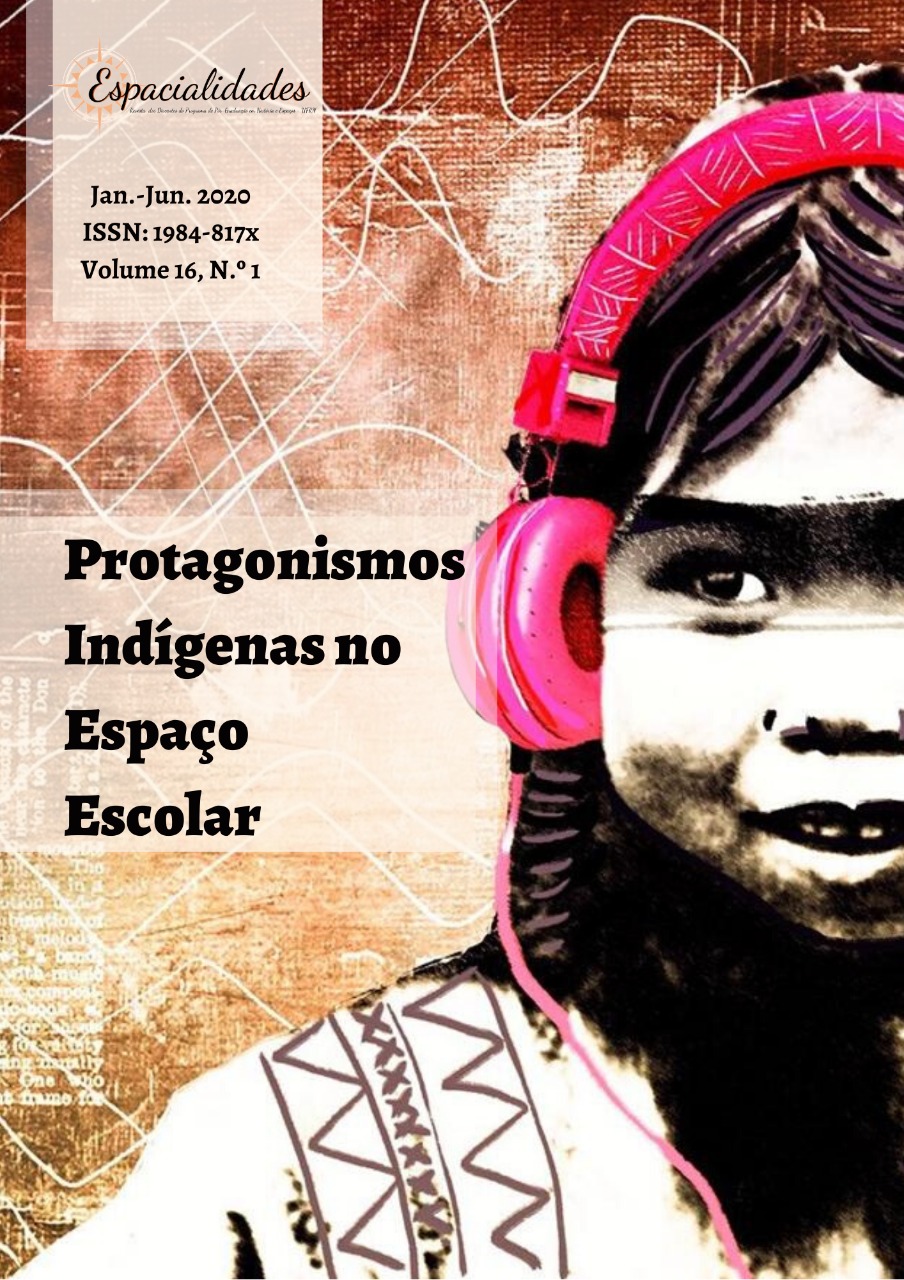Língua, colonização e resistência:
uma discussão sobre os usos da linguagem.
DOI:
https://doi.org/10.21680/1984-817X.2020v16n01ID19524Palavras-chave:
Resistência, línguas africanas, colonização, Companhia de JesusResumo
Este trabalho tem como objetivo refletir sobre as formas de dominação através da linguagem para a disseminação de modos de ser e pensar aos povos da África e do território que viria a se tornar o Brasil. Nesse movimento, necessitamos também compreender as permanências e imposições desses grupos e suas possibilidades de articulação nesse contexto, que acabou por gerar uma linguagem própria, o português brasileiro. Para entender como se deu a comunicação nesse cenário, consideramos o papel da Companhia de Jesus para a estruturação da exploração colonial e as estratégias estabelecidas pelos grupos submetidos, a partir do pressuposto de que, dada a sua diversidade, uma delas foi a criação de novas linguagens, que disputavam com o português. Assim, era possível a resistência também através da fala, que nascia a partir das línguas africanas, de um mesmo tronco linguístico, formuladas e reformuladas na dinâmica social.
Downloads
Publicado
Como Citar
Edição
Seção
Licença
A submissão de originais para este periódico implica na transferência, pelos autores, dos direitos de publicação impressa e digital. Os autores mantém os direitos autorais e concedem à revista o direito de publicação inicial, com o trabalho simultaneamente licenciado sob a Licença Creative Commons CC BY-NC- SA 4.0, e pelos direitos de publicação. Os autores podem publicar seus trabalhos on-line em repositórios institucionais / disciplinares ou nos seus próprios sites. Os autores somente poderão utilizar os mesmos resultados em outras publicações indicando claramente este periódico como o meio da publicação original.
O autor também aceita submeter o trabalho às normas de publicação da Revista Espacialidades acima explicitadas.
A Revista Espacialidades é um periódico de acesso aberto sob a licença Creative Commons Attribution-NonCommercial-ShareAlike 4.0 Internacional License (CC BY-NC-SA 4.0)




